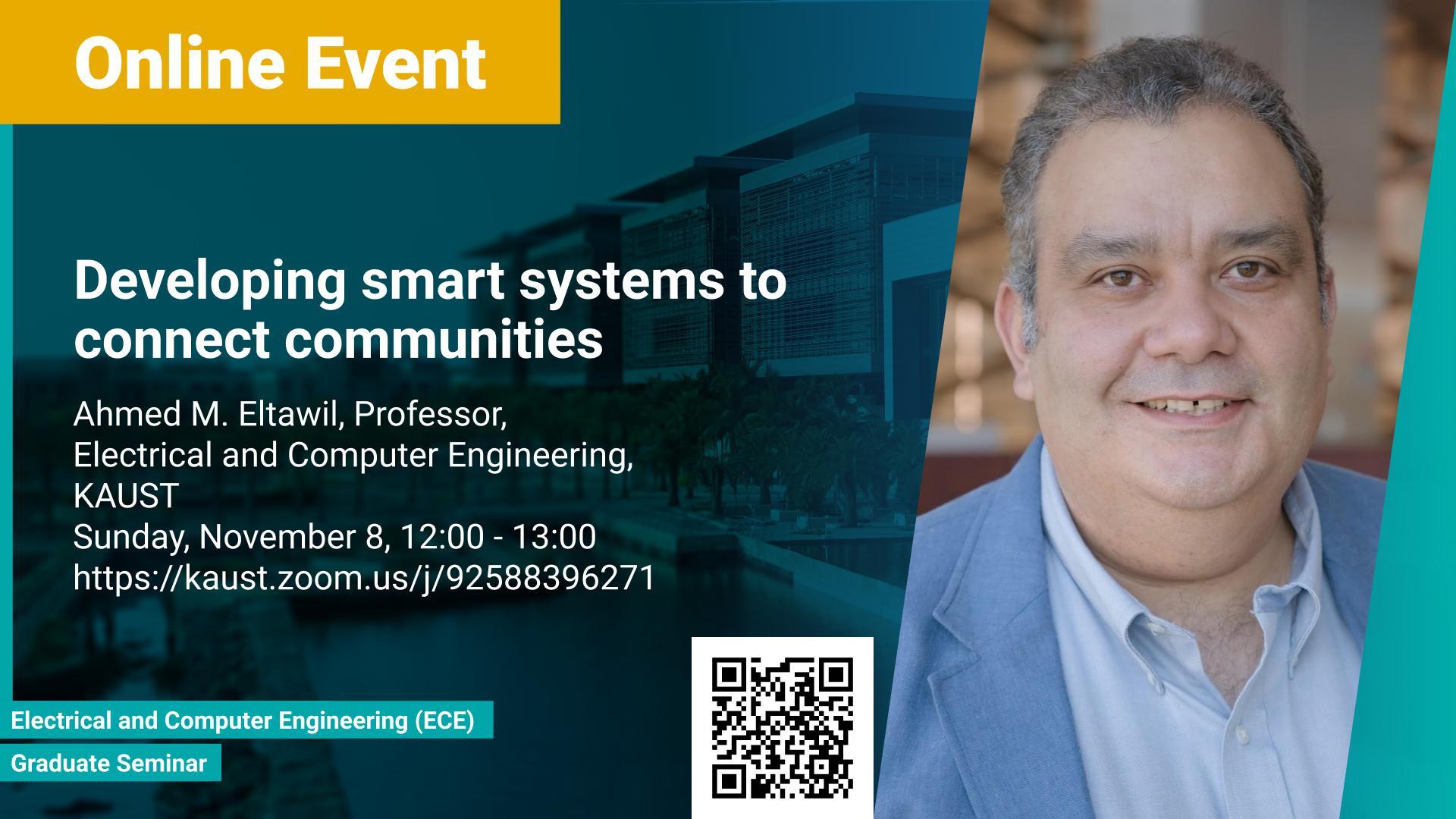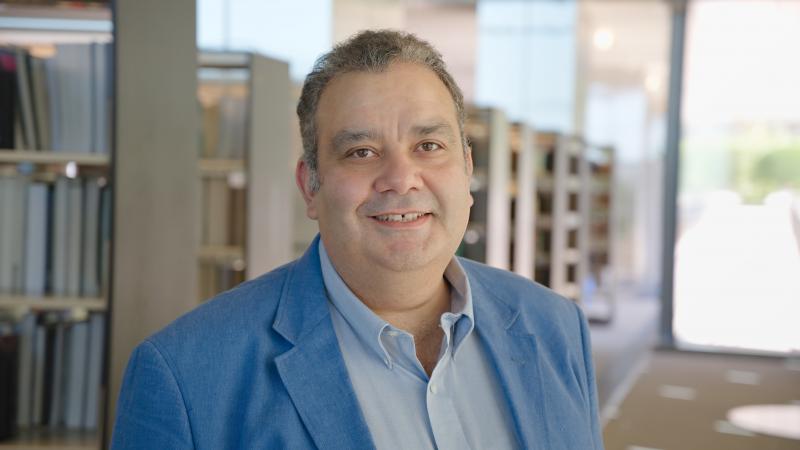Abstract
The overarching motivation of smart and connected systems is to collect, transport and process data that drives decisions on how to best utilize resources, reduce cost and improve personal well-being and safety. With the staggering growth in wirelessly connected systems, there exists a variety of deployment scenarios each having its own demands and requirements, thus artificially complicating the vision of a harmonized wirelessly interconnected ecosystem. In this talk, we address fundamental questions that should be asked when contemplating future smart and connected systems, namely, How, Where and What?
- How can we design computing and communication nodes that best utilize resources in a way that is cognizant of both the abilities of the platform, as well as the requirements of the network?
- Where are the nodes deployed? By understanding the context of deployment, one can architect unique solutions that are currently unimaginable. With the transformation to diverse applications such as body area networking, critical infrastructure monitoring, precision agriculture, autonomous driving etc., the need for innovative solutions becomes even more amplified.
- What benefit can be inferred from the data gathered by nodes in the capacity of computing, communication and sensing?
The talk will discuss how recent advances in wireless computing and communication nodes can be harnessed to serve the multitude of deployment scenarios required to empower communities of the future with smart and connected systems.
Brief Biography
Received the Doctorate degree from the University of California, Los Angeles, in 2003 and the M.Sc. and B.Sc. degrees (with honors) from Cairo University, Giza, Egypt, in 1999 and 1997, respectively. Since September 2019, he is a Professor at the Computer, Electrical and Mathematical Science and Engineering Division (CEMSE) at the King Abdullah University of Science and Technology (KAUST), Thuwal, KSA, where he is the director of the Communications and Computing Systems Laboratory (CCSL). Since 2005 he was with the Department of Electrical Engineering and Computer Science, at the University of California, Irvine, where he is founder and director of the Wireless Systems and Circuits Laboratory. His research interests are in the general area of mobile computing and communication platforms. Dr. Eltawil has been on the technical program committees and steering committees for numerous workshops, symposia, and conferences in the areas of low power computing and wireless communication system design. He received several awards, as well as distinguished grants, including the NSF CAREER grant supporting his research in low power wireless systems.

